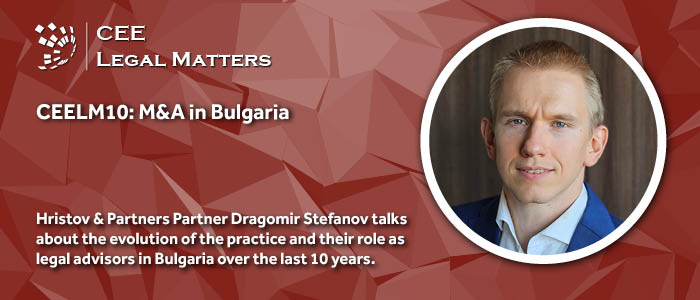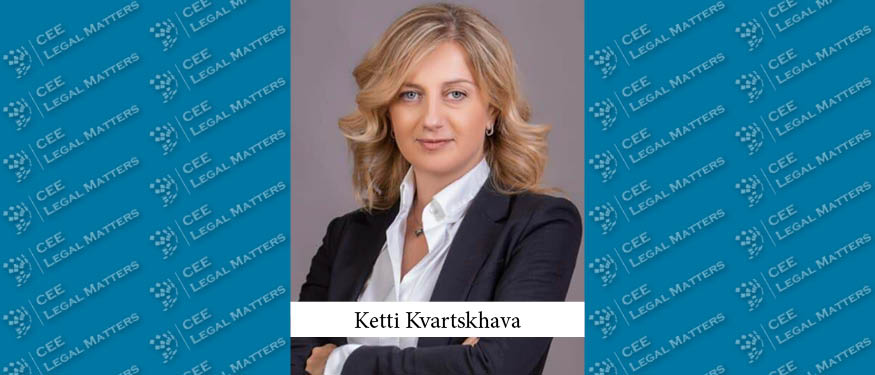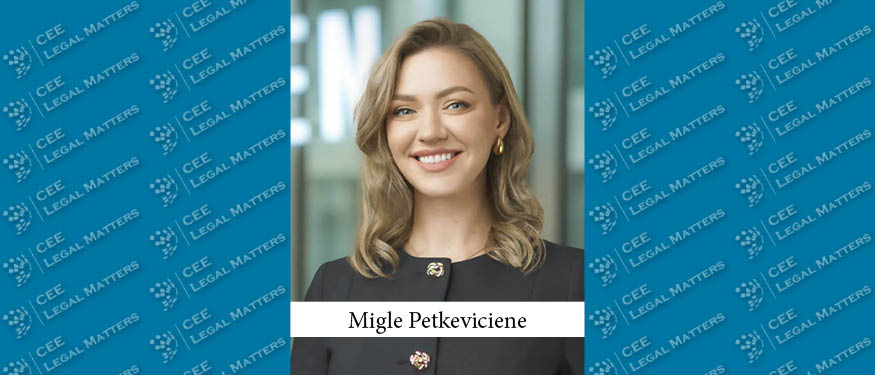Hristov & Partners Partner Dragomir Stefanov talks about the evolution of the practice and their role as legal advisors in Bulgaria over the last 10 years.
CEELM: Over the last 10 years, what types of projects have kept your M&A team the busiest?
Stefanov: This year we celebrate our law firm’s tenth anniversary. Throughout this time, we have been engaged in all types of transactions, including acquisitions, private equity investments, greenfield projects, restructurings, and, also unfortunately, exits through liquidations. While our focus has predominantly been on the buy side, in the last five years, our experience with foreign clients seeking market expansion in Bulgaria made our practice attractive for local entrepreneurs in high-growth businesses who seek exits or investments, and, consequently, we have been increasingly involved on the sell side.
CEELM: During this time, what have been your and your team’s most intense periods, and what do you believe drove them?
Stefanov: Over the years, we have steadily established a reputation as an elite corporate M&A firm, recognized among the leading law firms in the field. As M&A activities are aligned with the overall economic landscape, we stayed very active during periods of strong appetite for deals such as 2015-2016 and 2021-2022. A significant contributor to our success has been the continuous expansion of our referral network of international law firms. Nevertheless, it is important to acknowledge that these relationships with some of the leading firms in the legal field are not guaranteed, especially in a competitive local legal market. They are nurtured and expanded only with a track record of work consistent with the high standards of customer service that these firms maintain.
CEELM: How have the client profiles evolved over the last decade?
Stefanov: Our portfolio remains diverse, comprising multinationals – both large and mid-sized – and we’ve seen consistent engagements with private equity firms throughout the years. While we have worked a lot for clients in the technology and automotive sectors, the local market’s nature demands a broad focus and we are active in various industries. We deliberately avoid advising government and state-owned companies to prevent conflicts of interest. Furthermore, we generally steer clear of specific sectors, such as tobacco and gambling, as part of a strategic and cautious choice.
CEELM: What new expectations do you see from clients, and what do you feel has dropped in importance?
Stefanov: Our clients are sophisticated and demanding, often at the forefront of their industries. They are very intelligent and possess a high level of legal knowledge themselves – gained either through experience in multiple jurisdictions or hands-on involvement in their business. These types of clients expect their legal advisers to be alongside them in the field, and can easily notice if one hides behind lengthy or generic legal responses. The ability to keep our advice clear and simple while remaining realistic about the actual risks of our clients’ decisions and the practical solutions is, to a large extent, what they anticipate. Consequently, in comparison to 10 years ago, we have become quicker and more laser-focused on critical aspects – an attribute our clients have always prioritized. This is an ongoing effort that we aim to enhance with each new mandate.
CEELM: What have been the main regulatory challenges you have faced in making deals happen?
Stefanov: The regulatory landscape is constantly evolving with new regulations emerging under the pressure of political considerations, technological advancements, etc., which brings many challenges. On top of that, well-established regulatory aspects of deal-making are also constantly evolving. Take competition law, for instance. Just two years ago, many practitioners believed that the competition authority would only be interested in a merger when the mandatory turnover thresholds for notification were not met. However, in the last few years, we’ve witnessed within the EU reviews on competition grounds even for transactions below the statutory thresholds. It’s crucial for us to stay up to date with regulatory trends.
As for the legislation, a very specific example comes to mind: one of the largest projects in Bulgaria – the concession of the Sofia airport. Despite a well-written concession law, it still had some ambiguous elements on crucial aspects that influenced the decisions of certain bidders, including a client of ours who ultimately chose not to bid due to these uncertainties.
CEELM: What is on the horizon? What do you believe will be the highlights in a similar interview 10 years from now?
Stefanov: From a personal standpoint, my hope is that a decade from now, I can share with you that the firm has expanded and significantly improved since 2023, ultimately contributing to substantial growth for our clients. From a more general perspective, I believe that what I said about clients’ profiles and needs will remain just as valid. The core of the legal profession will still be the trust and advisory functions and it would be a matter of how we deliver our product in a better way rather than completely altering its nature. It is evident that the fourth industrial revolution is here to stay, and we expect that these changes will only serve to make us more efficient and bring us closer to our clients.
Hristov & Partners is CEE Legal Matters' Practice Leader for Corporate/M&A in Bulgaria for 2024 – learn more here.
This article was originally published in Issue 10.11 of the CEE Legal Matters Magazine. If you would like to receive a hard copy of the magazine, you can subscribe here.













